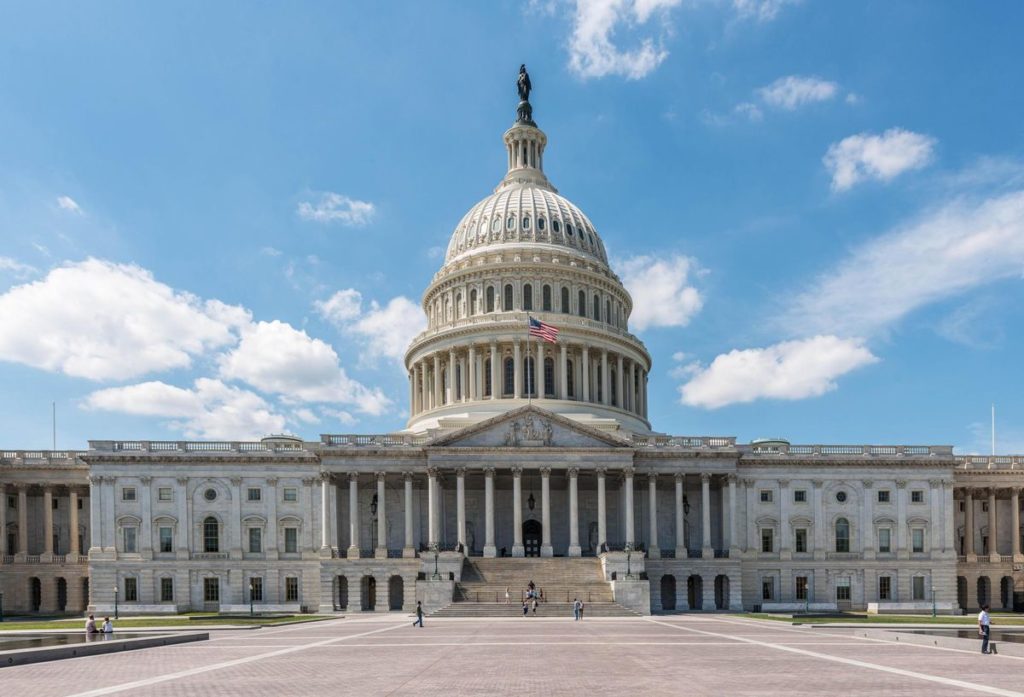We wanted to share two recent bills that have been passed by Congress and what it means for your finances.
The Setting Every Community Up for Retirement Enhancement Act (SECURE) Act
This was signed into law in December. Here are some of the highlights:
- Extended Required Minimum Distribution (RMD) age: Age at which employees must begin withdrawing from their retirement plan has been changed from 70 ½ to 72.
- Change to 529 College Savings Plans: 529 plans can now be used for apprenticeships and other non-college/university activities.
- Penalty-free withdrawals for the birth/adoption of a child: Parents can withdraw up to $5,000 from their retirement plan without penalty for the birth or adoption of a child.
- Protection for parental leave/part timers: Employees who work 500 or more hours during any consecutive 3 yr period can participate in their plan. (Effective 2021)
- Non Spouse beneficiaries will be required to distribute assets with in 10 yrs.
- Tax Incentives for small business owners to offer a 401(k): For businesses offering a first time plan, a tax credit of up to $5,000. An additional $500 for plans to include automatic enrollment.
- Allowing for open Multiple Employer Plans (MEP’s): New, is companies no longer need a commonality in order to join a MEP, now referred to an “Open MEP).
- Access to annuities in retirement plans
- 403(b) plan changes: It gives ministers and employees of tax-exempt plans the ability to participate in a church plan.
Coronavirus Aid, Relief, & Economic Security Act (CARES)
- Extended income tax filing moved to July 15, 2020, from April 15th. In which making 2019 IRA, Roth IRA, & HSA contributions available until then.
- Student loan payments will be suspended without penalty through September 30th
- The 10% IRA early withdrawal penalty will be waived on distributions of up to $100,000 for Coronavirus related purposes, retroactive to January 1st
- Unemployment benefits will be extended to four months and give weekly benefits of up to $600 on top of any state benefits. The benefits also cover more types of workers, including self-employed individuals.
Small Businesses will also be eligible for the following benefits and tax credits under the CARES Act:
- Companies, including 501(c)(3) organizations, sole proprietors, independent contractors, and self-employed individuals, with 500 or fewer employees that maintain their payroll can receive up to 8 weeks of cash-flow assistance. If employers maintain payroll, the portion of the loans used for payroll, interest on mortgages, rent and utilities would be forgiven
- Employers will be allowed to delay the payment of their 2020 payroll taxes until 2021 and 2022
- Employers who continue to pay furloughed employees may be eligible for a 50% credit on up to $10,000 of wages paid to those employees
- Certain business losses from 2018, 2019 and 2020 may be carried back to the previous five years, which will allow for immediate tax refunds
- There are direct loans available to mid-sized businesses, defined as between 500 and 10,000 employees, as well as non-profit organizations, where no payment will be due for the first six months after the loan is issued.
